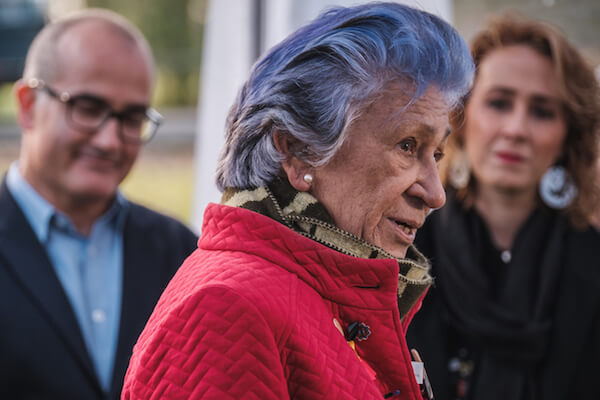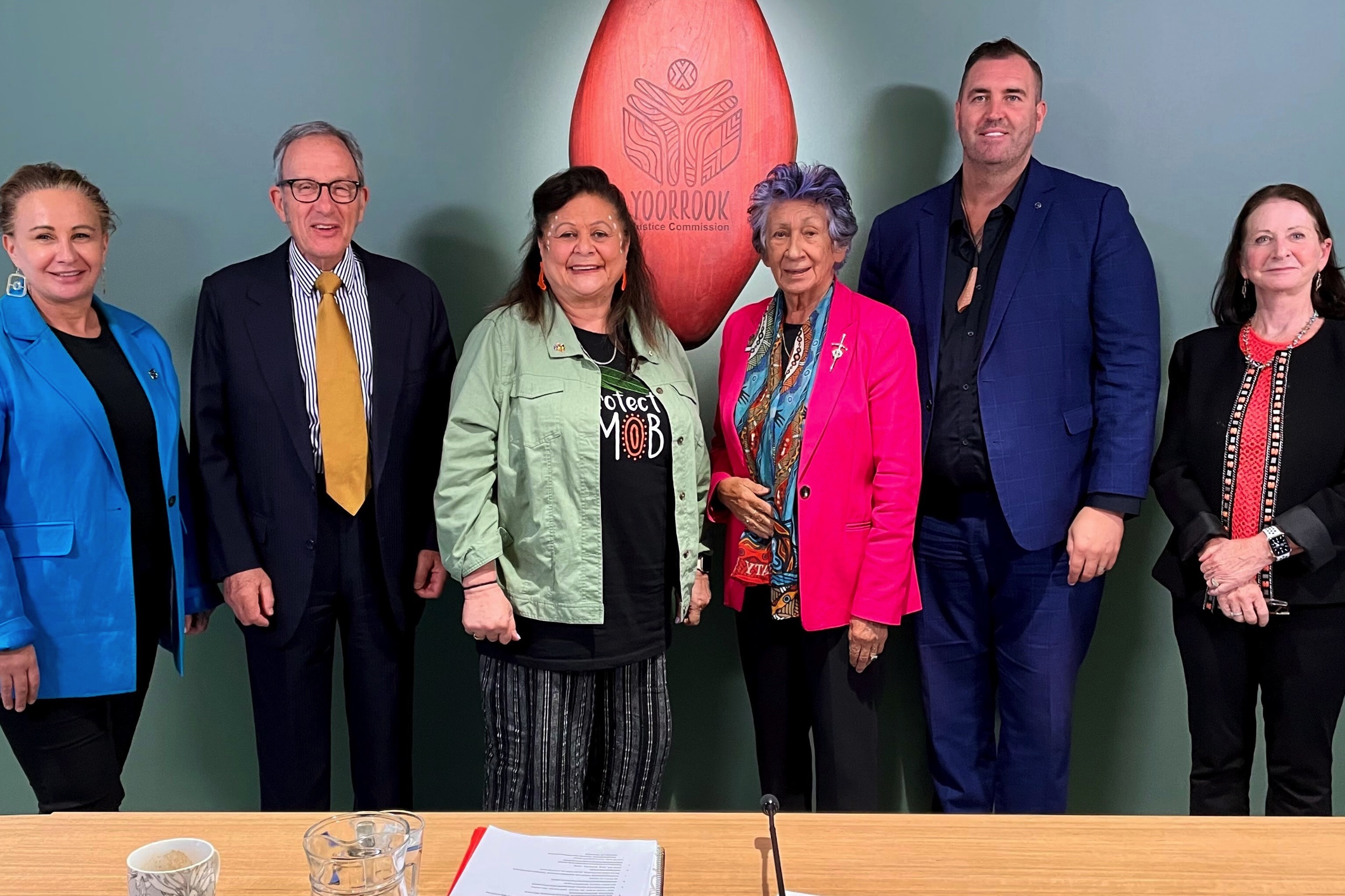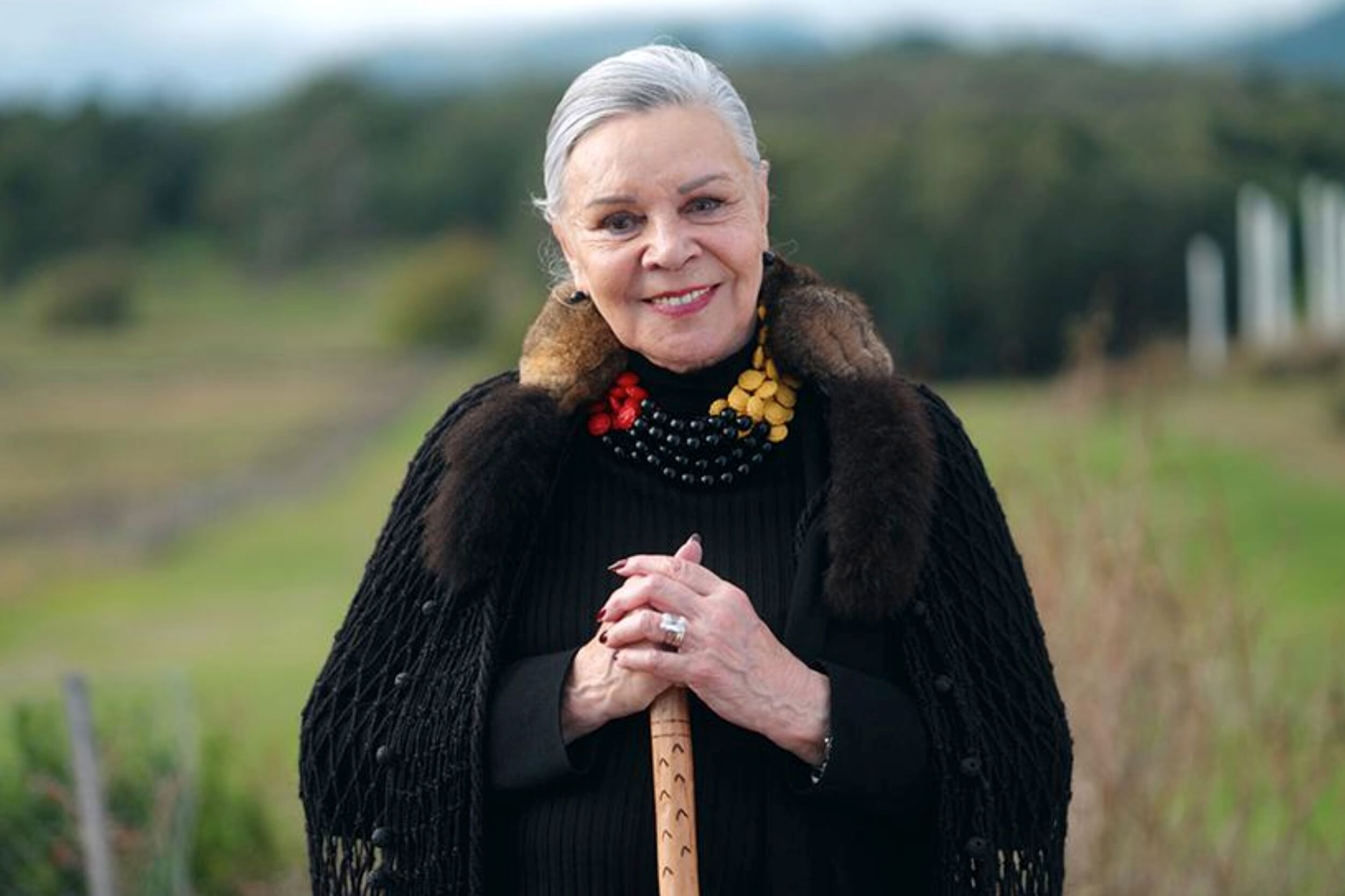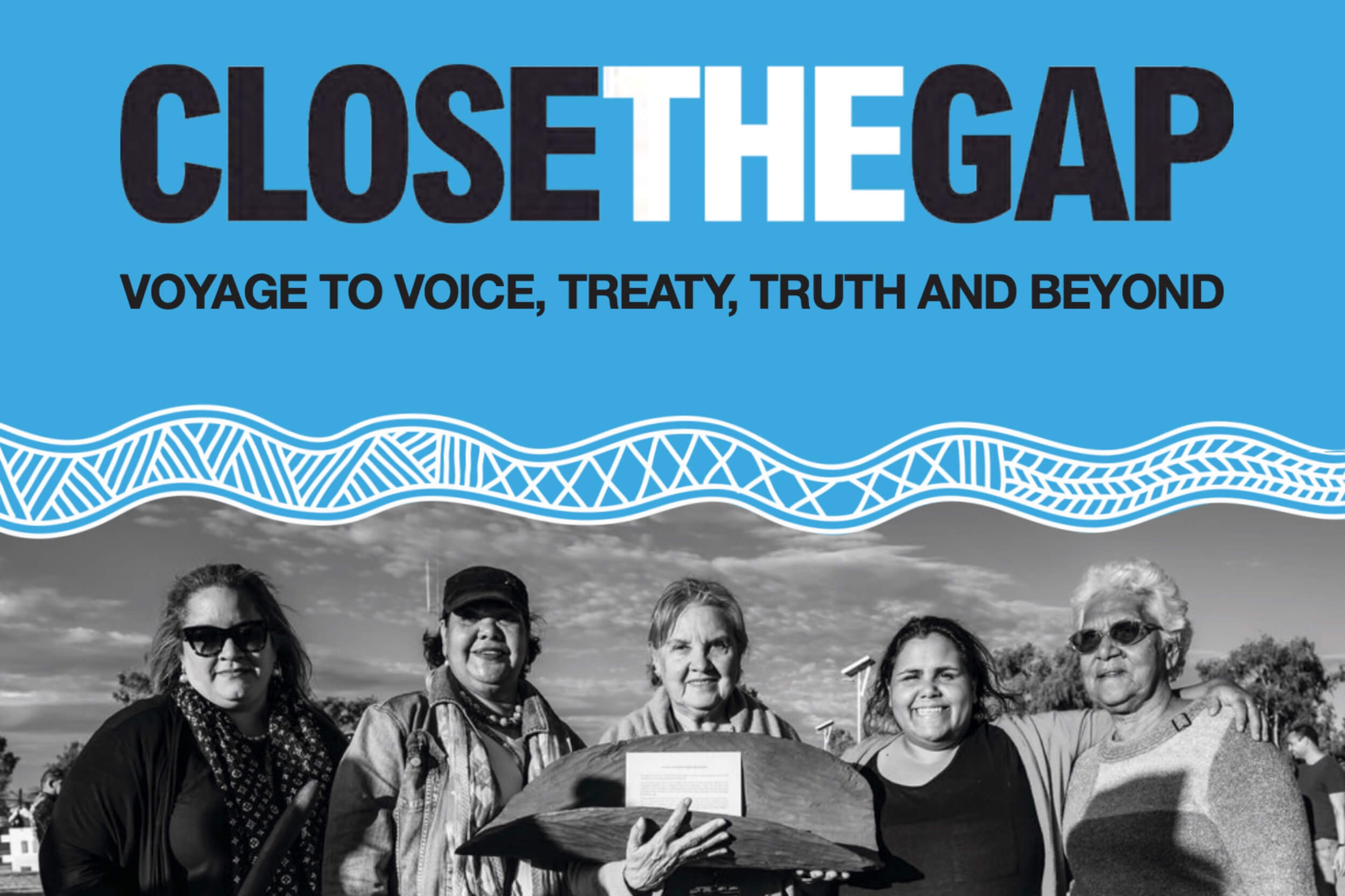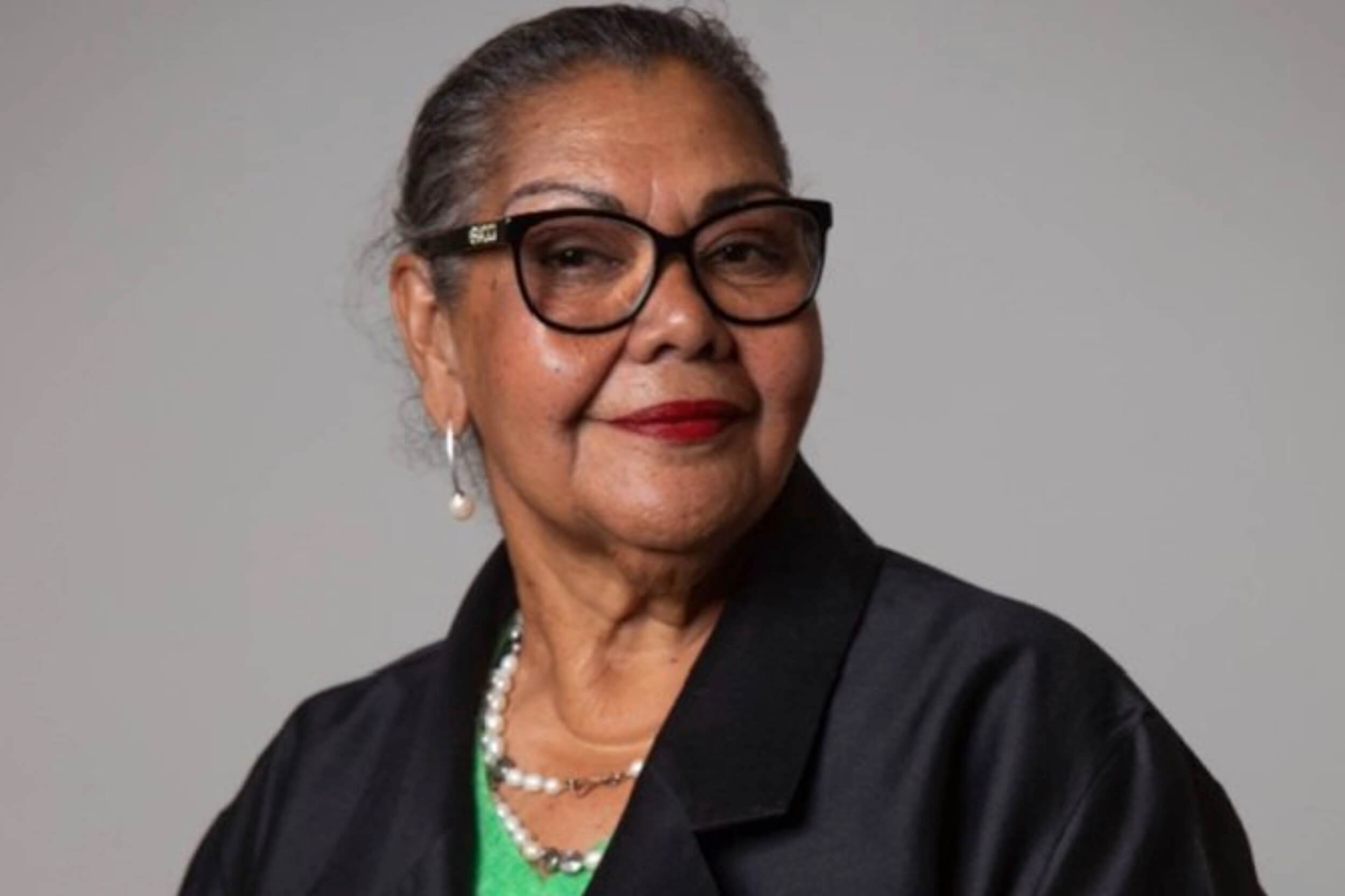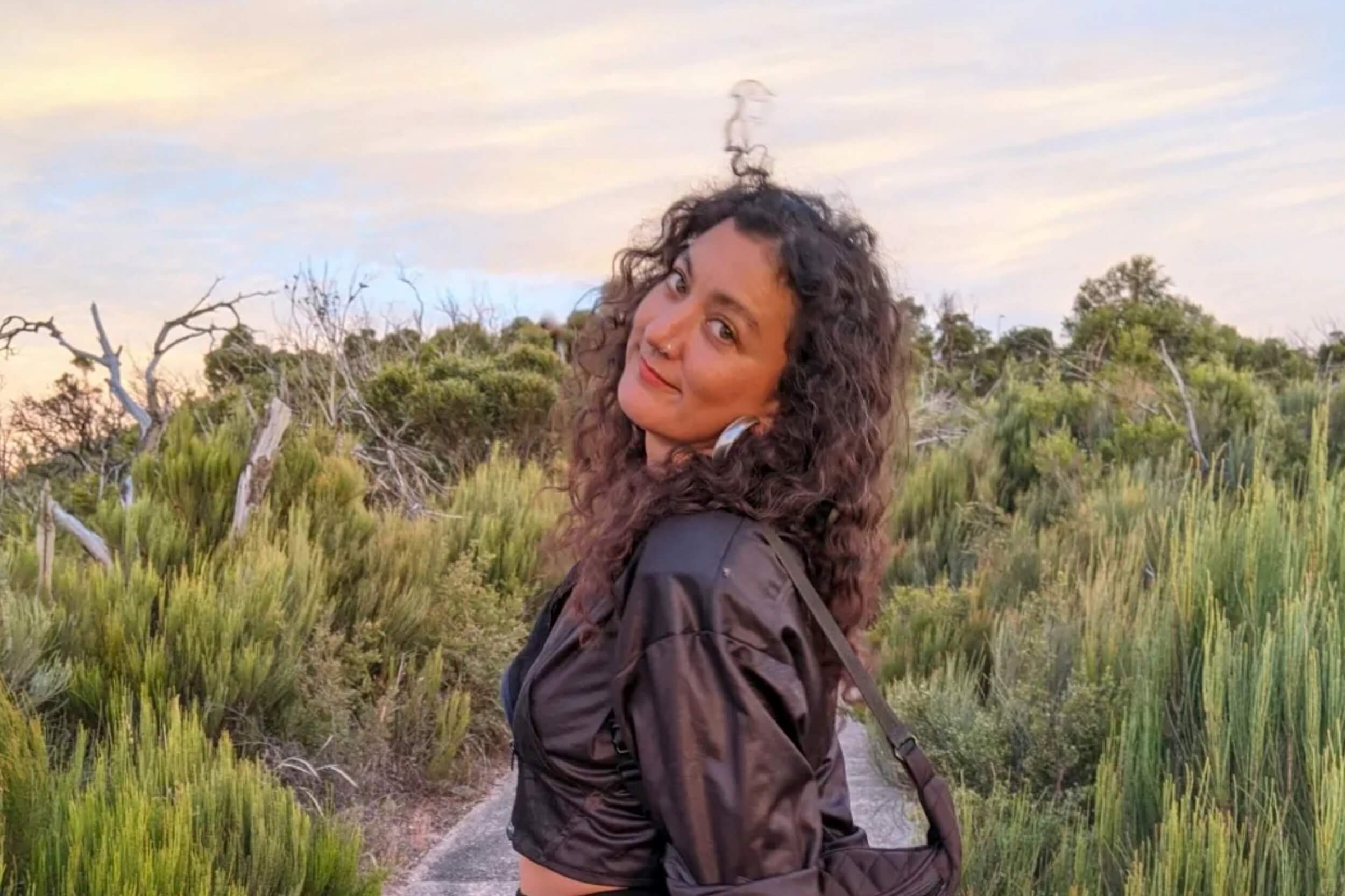Yesterday, the Productivity Commission delivered a scathing report on the National Agreement on Closing the Gap, exposing a significant lack of progress by Governments in fulfilling their commitments.
The Productivity Commission review’s fourth recommendation points out the urgent need for stronger accountability and states that “Governments need to prioritise setting up an independent mechanism without further delay”.
A joint study between the Lowitja Institute and VACCHO – Victorian Aboriginal Authority: an initial feasibility study for discussion – underscores the urgent need for a dedicated Aboriginal-led accountability body to ensure government transparency and that standards are maintained in the development and delivery of policies and services.
Prepared by the Lowitja Institute in partnership with VACCHO and Equity Economics, this study demonstrates how the proposed Victorian Aboriginal Authority – an independent body – could strengthen oversight of Victorian Government initiatives for Aboriginal peoples.
Victorian Aboriginal Authority: an initial feasibility study for discussion reveals that there is a clear accountability gap in Victoria. This points to a role for a permanent, dedicated Aboriginal-led entity with independent power, designed to:
- improve the responsiveness and impact of Government policies, programs and services that affect the needs and safety of Aboriginal peoples;
- enhance Government accountability for the effective design, delivery and monitoring of commitments to Aboriginal peoples; and
- meet existing Government commitments to increase accountability in supporting improved outcomes for Aboriginal people in Victoria.
“Aboriginal people across Australia, and here in Victoria, have long been calling on governments to change the way they work with us.
Lowitja Institute CEO, Adjunct Professor Janine Mohamed
“Years of consultation processes, reviews and reports have shown that the health and wellbeing of Aboriginal peoples can be improved through better coordination across government agencies and levels of government. Post-referendum this is an excellent opportunity for governments to hear our voice and embed our perspectives into policies and laws that affect us. We must act now to ensure the implementation of programs and services are safe, and responsive to the needs of Aboriginal peoples.”
Furthermore, findings of the study align with recommendation 4 found within the Yoorrook With Justice Report, where the Yoorrook report calls for the Government and First Peoples’ Assembly of Victoria to urgently conduct negotiations to establish an independent and authoritative oversight and accountability commission.
Emphasising the significance of Aboriginal leadership and representation, both VACCHO and Lowitja Institute call upon the Government to swiftly initiate negotiations with the First Peoples’ Assembly of Victoria to formalise this crucial mechanism.
Looking ahead, VACCHO and Lowitja Institute anticipate collaborative efforts with the Assembly and other Aboriginal Community Controlled Organisations (ACCOs) to shape the framework and implementation of the proposed accountability mechanism. Together, we will ensure that the voices and needs of Aboriginal Communities are central to the design and execution of this vital initiative.
“I thank the Koori Caucus of the Aboriginal Health and Wellbeing Partnership Forum who originally put forward an accountability mechanism as a priority project.”
VACCHO CEO Jill Gallagher AO
“The common consensus among stakeholders that were engaged as part of this study is that there is an urgent need to develop an independent accountability mechanism that ensures Government is actually delivering for Community.”
“The mechanism needs to be an enduring, Aboriginal-led body that increases transparency and accountability among governments and mainstream services.”
“This study demonstrates how an Aboriginal-Led accountability body, can support a strong and sustainable future for mob, both in Victoria and across the country.”
“In our journey towards reconciliation and empowerment, Treaty serves as the cornerstone for meaningful engagement and accountability. It is through the Treaty process that we envision the establishment of a robust accountability mechanism that reflects our shared values and aspirations.”
As discussions around Treaty and Indigenous self-determination continue to evolve, VACCHO and its partners remain committed to fostering self-determination and advancing accountability, transparency, and justice for all Aboriginal peoples.


